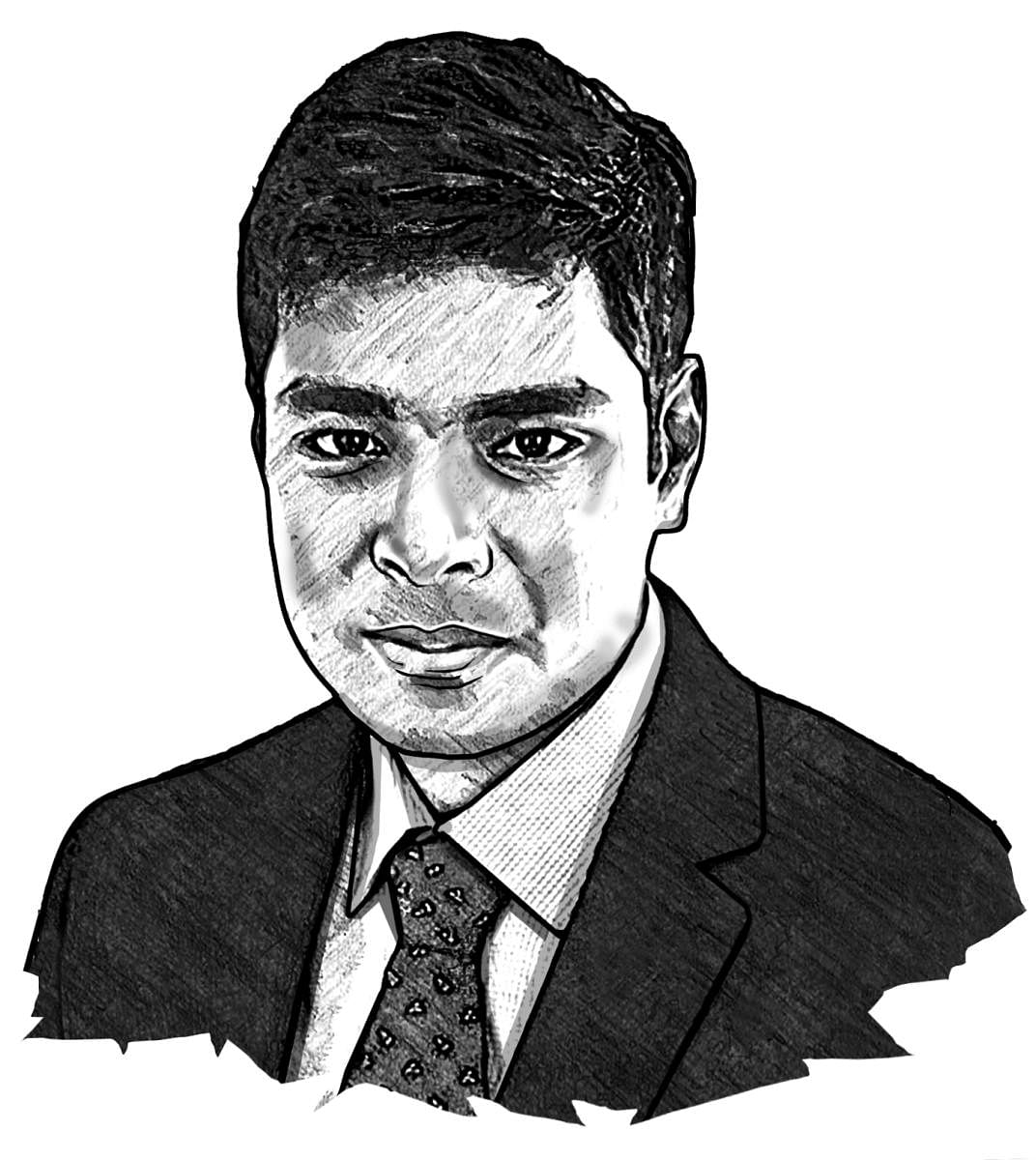
Anybody who wants to see a more peaceful and prosperous world now faces a tricky catch-22: How do you deal with rogue regimes while keeping the global economy intact?
In many ways, globalisation was already falling apart before today’s rogue regimes went rogue. From 2001 to 2008, global trade almost tripled from about $6 trillion to over $16 trillion, according to the World Trade Organisation. Then, after recovering from the global recession, trade has largely remained flat. In 2019, even before the pandemic shut down borders and ports, world trade stayed under $19 trillion.
When Covid-19 struck two years ago, everybody thought that it would be the coup de grâce for the globalisation era. But, in fact, war has proved to be far more lethal than virus. After Russia’s madcap invasion of Ukraine, the US and its Western allies unleashed a barrage of sanctions and restrictions in order to isolate Moscow. The result has been skyrocketing inflation in the West and a crippling food crisis that is pushing millions toward starvation in Asia and Africa.
Everybody has problems, but apparently not Russia’s Vladimir Putin. Driven primarily by steep increases in exports to China and India, Putin raked in record revenues in the first 100 days of the war -- to the tune of several billion dollars. India’s own oil imports from Russia have jumped a whopping 50 times since the war, and Russia now accounts for 10% of India’s basket (that figure was a paltry 0.2% before the war). In the wake of ongoing feuds with the Muslim world, the incentive to buy from Russia has only increased.
Given his dictatorial rule and hidden wealth, Putin could have anyway continued to fight wars even if his government went broke and the Russian people’s misery intensified, but with the oil revenues continuing to flow in, it seems he has more than enough money to keep the fight going for years.
Meanwhile, Biden now has his eyes on China’s Xinjiang, where millions of Uighur people are holed up in squalid concentration camps. Last week, the US began enforcing restrictions on goods produced in Xinjiang. Importers are now required to prove that no part of their product was made by Uighur slave labour. But given the lack of transparency in China’s supply chains and the vagueness of Biden’s new law, businesses now worry about the feasibility of all trade with the region. Red tape is also expected to increase costs further and make trade less viable.
It’s hard not to empathise with Biden’s policy responses. In the absence of pushback against authoritarian regimes, the world is now increasingly unsafe and insecure, with neighbours more suspicious of each other and armed skirmishes common. Millions of refugees are trying to flee persecution by rogue regimes in various parts of the world.
But the problem is that authoritarian regimes are increasingly willing to put up with economic costs to pursue their political goals. In 2014, sanctions imposed on Russia after the annexation of Crimea failed to deter Putin from going even further. Trump’s withdrawal from the nuclear deal with Iran -- and his reimposition of sanctions -- only gave Iran a more hardline regime. China continues to persecute minorities and bully Taiwan, unfazed by the threat of trade wars and sanctions.
Yet, once sanctions are imposed, they are politically impossible to walk back without securing concessions. If Biden were to compromise with China, Russia or others, the chances of future aggression will only increase further.
The global economy is therefore splintering — perhaps forever. And all the king’s horses and all the king’s men cannot put Humpty Dumpty back together.
(Mohamed Zeeshan is a student of all things global and, self-confessedly, master of none, notwithstanding his Columbia Master’s, a stint with the UN and with monarchs in the Middle East @ZeeMohamed_)